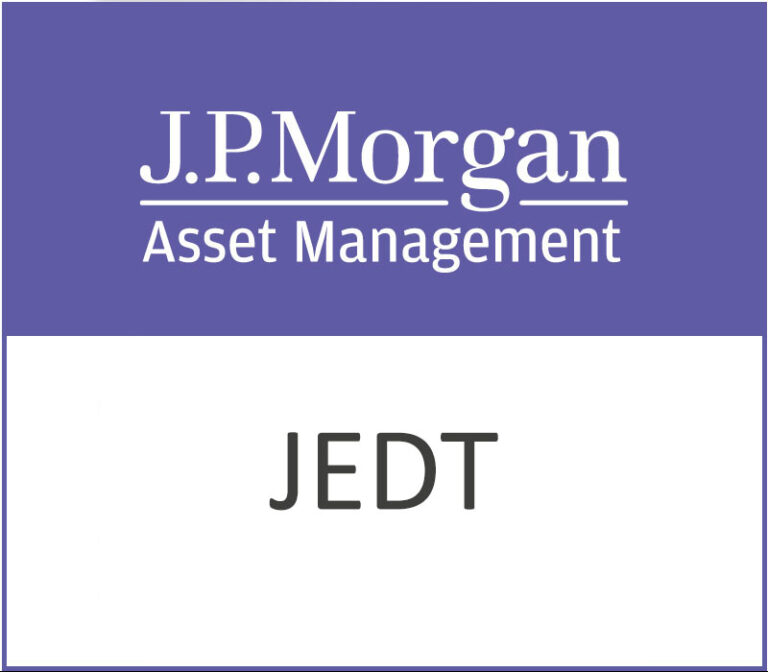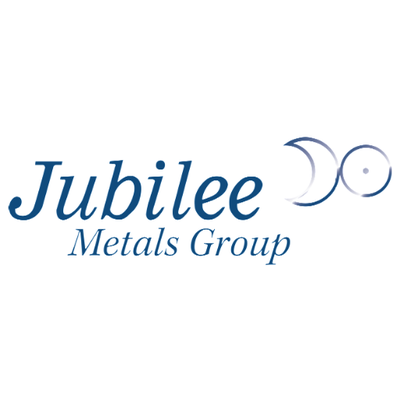 1pm Plc (LON:OPM) IFRS9 update highlighted the conservatism in current provisioning, with a minimal impact from adopting the new standard. We have taken the opportunity to review credit and present a range of scenarios (from maintaining current low losses through to a hard recession) and the impact each would have on 1pm’s earnings. The key business message is that, in almost all our scenarios, 2019E profit would be well above the 2017 level. A hard-landing scenario, with losses 1.5x the current IFRS9 worst-case scenario and 4.3x the current level, would see EPS 19% below the 2017 level, and the P/E would be 10x for bottom-of-the-cycle earnings.
1pm Plc (LON:OPM) IFRS9 update highlighted the conservatism in current provisioning, with a minimal impact from adopting the new standard. We have taken the opportunity to review credit and present a range of scenarios (from maintaining current low losses through to a hard recession) and the impact each would have on 1pm’s earnings. The key business message is that, in almost all our scenarios, 2019E profit would be well above the 2017 level. A hard-landing scenario, with losses 1.5x the current IFRS9 worst-case scenario and 4.3x the current level, would see EPS 19% below the 2017 level, and the P/E would be 10x for bottom-of-the-cycle earnings.
IFRS9 impact: On 5 September, 1pm advised that its adoption of IFRS9 would increase provisions from 1.5% to 1.6%. The impact on equity is 0.25%, compared with 1.5% at Orchard Finance, ca 5%-6% at NSF and MCL, 13% at Amigo and 34% at Provident Financial. This reflects 1pm’s historical conservatism.
Credit review: We provide a range of scenarios, and their impact, against 2017 EPS. These include current impairments continuing (EPS up 38%), our base case (EPS up 28%), impairments at the IFRS9 worst-case level (EPS 1% lower) and impairments at 4.3x current levels (1.5x IFRS9 worst-case, EPS down 19%).
Risks: Credit risk is a key factor and is managed by each business unit according to its own specific characteristics, with a group overview of controls. Funding is widely diversified and at least matches the duration of lending. Acquisitions would appear well priced, and delivery of synergies provides earnings upside.
Valuation: We detailed the assumptions in our valuation approaches in our initiation note, “Financing powerhouse: a lunchtime treat”. The GGM indicates 103p and the DDM 73p (DDM normal payout 81p). The 2019E P/E (6.4x) and P/B (0.8x) appear an anomaly with 1pm’s profitability, growth and downside risk.
Investment summary: 1pm Plc offers strong earnings growth, in an attractive market, where management is tightly controlling risk. Targets to more than double the market capitalisation appear credible, with triggers to a re-rating being both fundamental (delivery of earnings growth, proof of cross-selling) and sentiment-driven (payback for management actively engaging the investor community). Profitable, growing companies generally trade well above NAV.










































